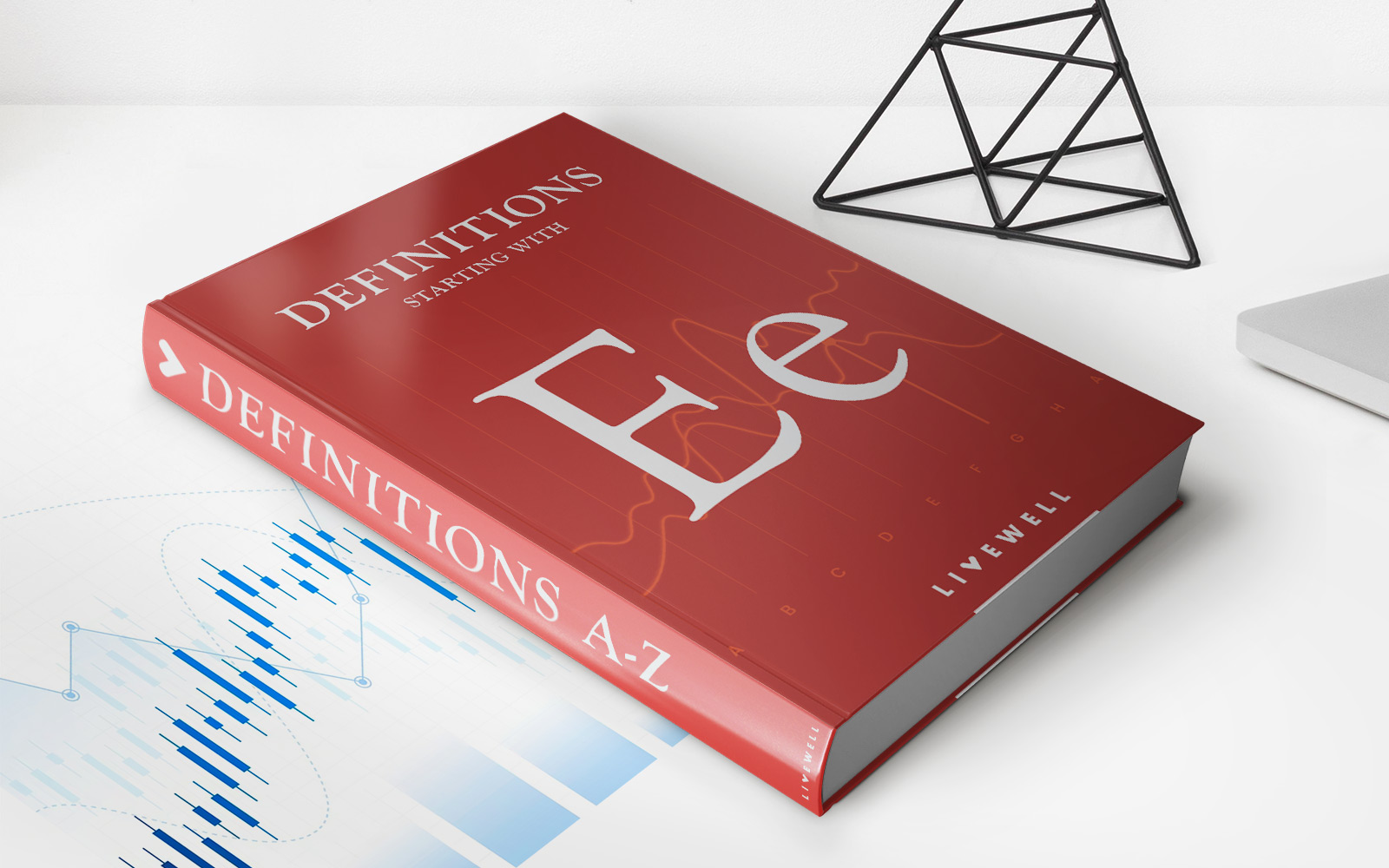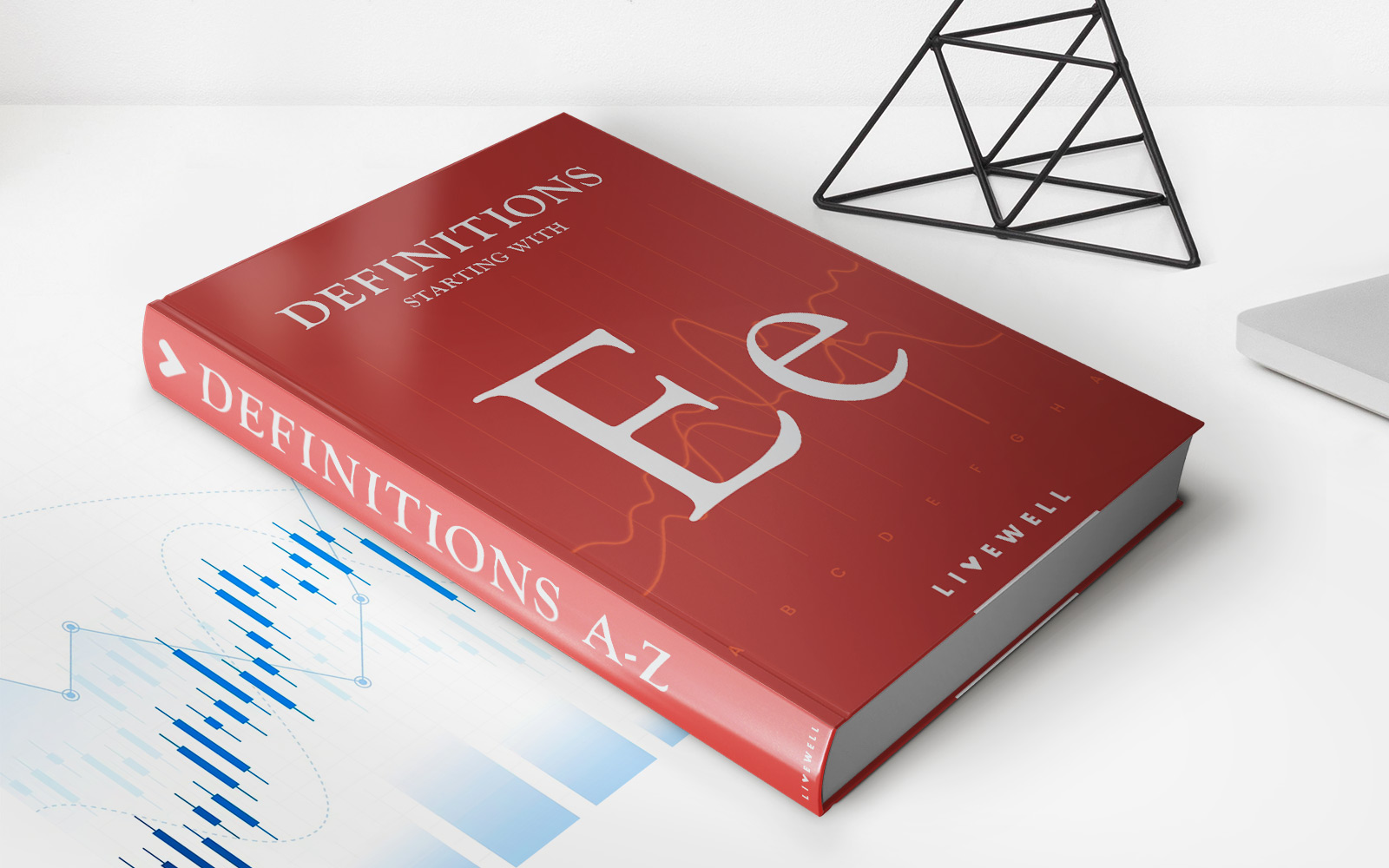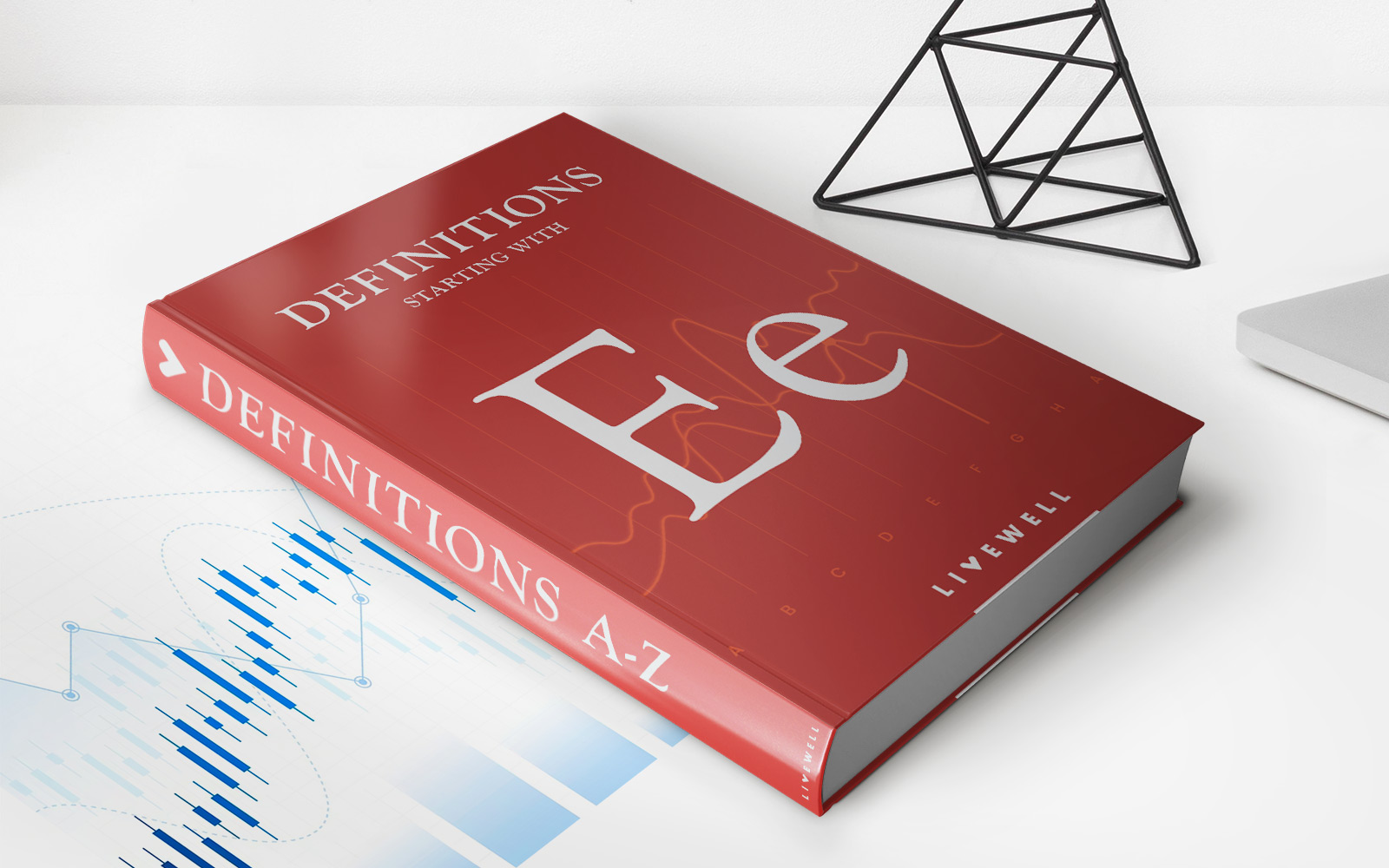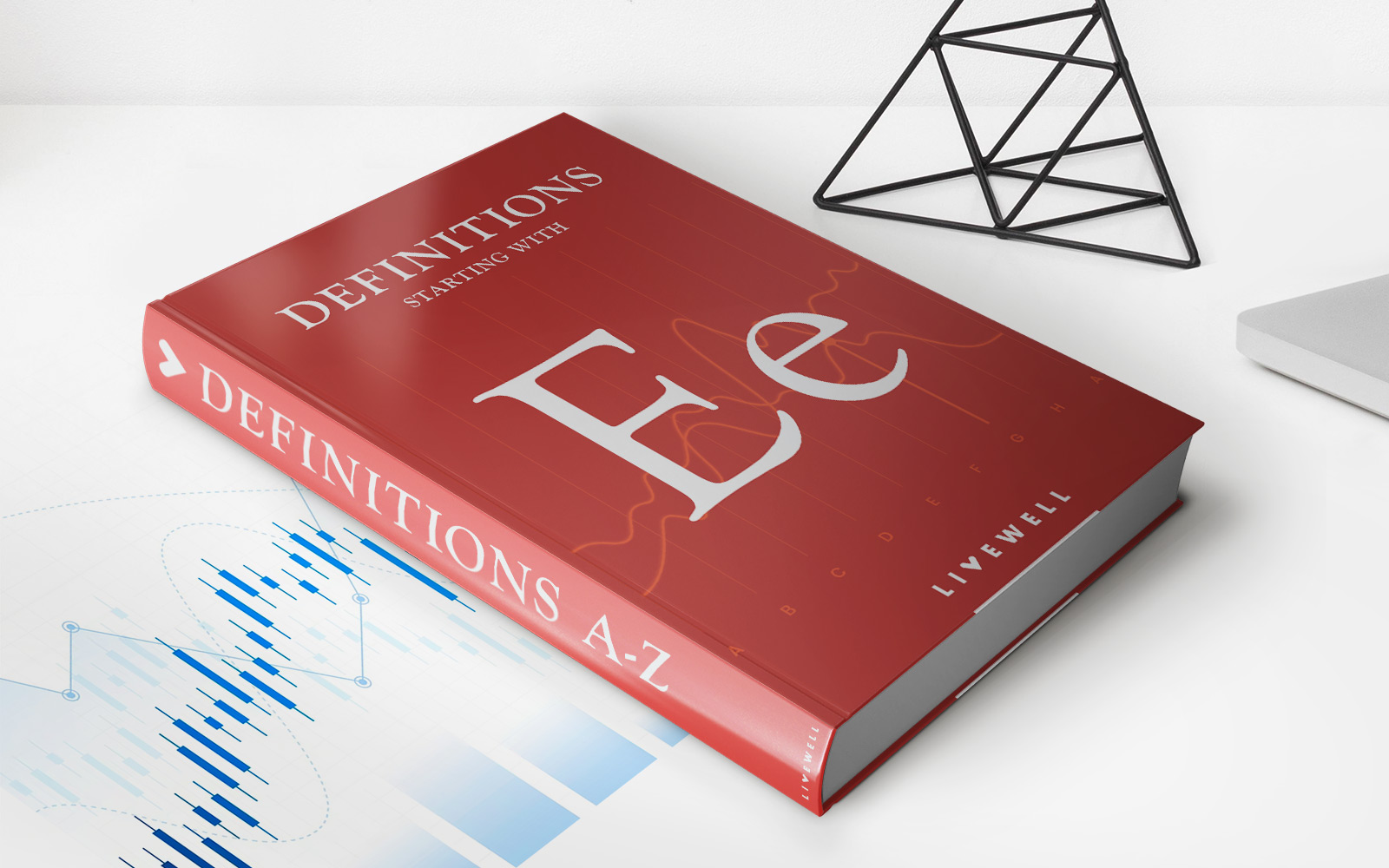Home>Finance>Equity Definition: What It Is, How It Works And How To Calculate It


Finance
Equity Definition: What It Is, How It Works And How To Calculate It
Published: November 18, 2023
Learn the definition of equity in finance, understand how it works, and discover the calculations involved in determining equity.
(Many of the links in this article redirect to a specific reviewed product. Your purchase of these products through affiliate links helps to generate commission for LiveWell, at no extra cost. Learn more)
Welcome to our Finance Category: Exploring Equity Definition, How It Works, and How to Calculate It
When it comes to understanding financial concepts, equity is a fundamental concept that plays a crucial role. Whether you’re investing in stocks, starting a business, or managing your personal finances, understanding what equity is and how it works can greatly benefit you. So what exactly is equity, how does it function, and how can you calculate it? Let’s delve into this topic and discover the answers.
Key Takeaways:
- Equity is a financial term that refers to the ownership interest an individual or entity has in a company or asset.
- Equity is calculated by subtracting total liabilities from total assets, giving you a measure of an individual’s or company’s net worth.
What is Equity?
Equity, in the realm of finance, refers to the ownership interest that an individual or entity possesses in a company or asset. It represents the residual interest in the assets after deducting liabilities. While equity is commonly associated with stocks in publicly traded companies, it can also apply to real estate, private businesses, and other tangible or intangible assets.
Equity is an essential concept in the finance world as it represents a form of ownership that allows individuals or entities to participate in the potential profits and growth of a company or asset. It is often used as a measure of an individual’s or company’s net worth, highlighting their financial stake in their investments or business ventures.
How Does Equity Work?
When discussing equity, it’s crucial to differentiate between equity in relation to stocks and equity in terms of real estate or businesses.
Equity in Stocks
Equity in the context of stocks refers to shares or ownership in a publicly traded company. When you purchase shares of a company, you become a shareholder and own a portion of that company’s equity. Your ownership stake is proportional to the number of shares you own relative to the total outstanding shares of the company.
As a shareholder, you have a claim on the company’s assets and have the potential to benefit from its growth and profitability. This can be in the form of dividends, capital appreciation, or voting rights in certain cases. Conversely, if the company faces financial difficulties or performs poorly, the value of your equity may decrease.
Equity in Real Estate or Businesses
Equity also applies to owning real estate or businesses. In this context, equity represents the difference between the market value of the asset and any outstanding liabilities, such as mortgages or loans. For example, if you own a house worth $500,000 and have a mortgage of $300,000, your equity in the property would be $200,000.
Similarly, for businesses, equity can be calculated by subtracting liabilities from assets. It provides a measure of the net worth of the company and indicates the value that would remain for shareholders if all liabilities were paid off.
How to Calculate Equity?
Calculating equity involves determining the net worth of an individual or entity. The basic equation to calculate equity is:
Equity = Total Assets – Total Liabilities
To calculate equity, you need to gather information on an individual or company’s assets and liabilities. Assets refer to all the items of value owned, including cash, stocks, real estate, and investments. Liabilities, on the other hand, represent debts or obligations such as mortgages, loans, or outstanding payments.
Once you have the values for assets and liabilities, simply subtract the total liabilities from the total assets. The resulting figure will be the equity, indicating the net worth of the individual or entity.
Remember, equity can fluctuate over time as assets and liabilities change. Ongoing evaluation of equity is crucial for individuals managing their personal finances or businesses assessing their financial health.
Final Thoughts
Equity serves as a cornerstone of finance, offering individuals and entities the opportunity to have ownership stakes and benefit from the growth and profitability of companies or assets. Understanding the definition of equity, how it works, and how to calculate it is essential for making informed financial decisions and managing your financial well-being.
With this knowledge in hand, you’ll be better equipped to navigate the world of finance, making educated choices and maximizing your potential for success.














